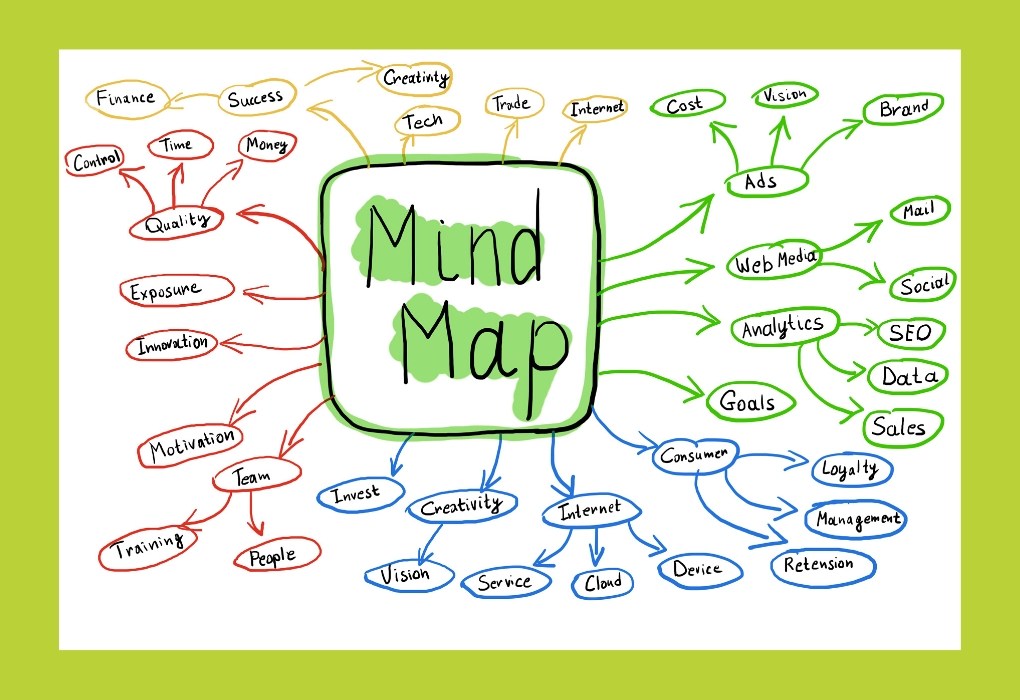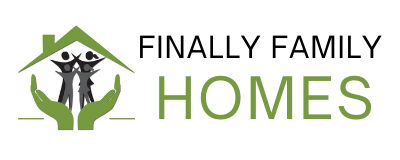Taking Notes: The Secret to Getting Better Results in Life
Whether in high school, college, even in business meetings, chances are you or someone around you is taking notes. You may wonder how necessary or helpful note-taking is. Are you just wasting ink? We’re going to dive into the importance of taking notes, the benefits, and the best ways to do it.
Local note-taking expert, Nicole Liem Yang of Show Me the Notes, recently came to speak at Life Launch, our life skills program for helping young adults who left the foster care system without a forever family. We’re sharing a few of her note-taking and study skill secrets with you below, with her permission.
Note Taking: Why It’s Important
This post may contain affiliate links which means we earn commissions when you shop through our links to support youth at risk of homelessness. This is at no extra cost to you. You can read our full affiliate disclosure here.
The ability to study well is key to being successful in school. Not only this but once a young adult gets out in the workplace, effectively taking notes will likely continue to be useful. Effective note-taking skills can help bolster your ability to process information and help you track vitally important tasks and deadlines with accuracy.
At Finally Family Homes, our mission is to lead youth who have the odds stacked against them to success. In order to do that well, we must first identify what determines success in life. We know that completing high school and college leads to more successful outcomes.
The Purpose of Note Taking
So maybe you have a really great memory. Is taking notes really necessary for you? Is taking notes a waste of time?
According to Nicole, note-taking isn’t just about recording information. Effective note-taking is “thinking on paper.” Proper note-taking skills can be useful for processing information, which is key to understanding and remembering it. Basically, it’s also a study skill. “Taking notes,” she says, “makes grooves in your brain.”
Why Taking Notes Is Beneficial to A Student
Taking notes in class can help you stay focused in what could be a distracting environment. Not only this but taking notes engages more parts of your brain – requiring you to begin processing and remembering what you are hearing. We can think much faster than someone else can speak. If you are passively listening, you have a better chance of having your mind wander off into daydreaming.
As we discussed in our post, How To Manage Your Time Wisely, writing things down can free up your brain from working on memorizing to working on processing. By jotting down what you need to remember later, you can then turn your focus onto analyzing what you’re hearing or reading. You will have room to consider the implications, ask follow-up questions, or ask for clarifications.
Finally, note-taking gives you a reference to study from. In my experiences in college, I usually was better prepared for tests by studying my notes from class than from studying directly from the books. If a professor is taking time to go over the material in class, it’s likely something they believe is important and will cover on a test. This isn’t always the case, but in my experience, it was the case most often. That said, it’s also a good idea to take notes from your books.
The Benefits of Note Taking
Even outside the classroom, there are many benefits to note-taking. Taking notes outside of class can help you study. Taking notes in business is not only prudent but can hold legal weight.
By taking notes in your personal life or work, you can prioritize. Writing everything down allows you to place different ideas side by side and compare them. When priorities are unclear, note-taking can help you process in a more tangible manner. We’ve all seen and most of us have written out our own list of pros and cons.
When setting your goals in life, you have a significantly higher chance of achieving your goals if you write them down. Imagine how much more strategic you might be in pursuing those goals if you re-wrote them in another form of note-taking. Your brain might process and come up with new ways of achieving your goals. This is likely why vision boards have become popular in some circles. Essentially, vision boards are a visual style of note-taking that can help you process your goals in pictures.

Taking Notes Outside of the Classroom
As I mentioned above, Mrs. Yang views note-taking as a study skill. After class in the weeks and months that follow, Mrs. Yang encourages re-writing your notes in a variety of ways as a way to study and prepare for tests.
This kind of note-taking is different than the kind of notes you take in class. The purpose of re-writing your notes is to engage your brain in the way that best suits your learning style. The primary goal of note-taking in class is to capture the information completely and accurately. The goal of after-class note-taking is to re-organize, process, and store that information.
The Importance of Taking Notes in Business
In the workplace, most skilled employees will find that effective note-taking continues to be useful. Effective note-taking skills can help you think quickly on your feet. It’s absolutely necessary for tracking deadlines with accuracy.
In many workplaces, notes become legal documents. For non-profits, board meeting notes hold legal weight. Properly documenting information is vital to everyone involved in a legal case – from police officers to court reporters and everyone in between.
In software development, properly documenting requirements and rules is essential to building a successful product. The entire job of a Software Systems Analyst is to properly document or take notes in a variety of ways to facilitate clear and accurate communication between software developers and a particular business.
The Best Way To Take Notes
Because we are all uniquely made with our own styles of learning, the best way to take notes is to choose a method that fits your learning style.
As mentioned above, your goals in writing down notes change depending on the circumstance. That said, I will cover the three most popular note-taking styles to help you on your journey to discover what works best for you.
Cornell Style of Note Taking
The Cornell style of note-taking is one of the most popular. It is best used as a form of studying. The amount of processing it takes to put together Cornell notes can be too much of a distraction from listening to be used in a live classroom or meeting.
Cornell note-taking works by first dividing your page into three areas. In the left column is where you write questions or “the front of the flashcard” as Mrs. Yang describes it. In the right column, are the answers or “back of the flashcard.”
Along the bottom, leave a small section for summarizing the information on the page. Mrs. Yang recommends doing this in 1-2 sentences.


Get this Cornell Style Notebook here.
The Outlining Method
The outlining style of note-taking is best done in a meeting or live situation. Often speakers organize what they are going to speak about by using an outline. Taking notes in the same style will make it easier to quickly capture the content the speaker is sharing.
Of course, speakers don’t often hand out outlines to go with their speeches, so you’ll have to pay attention in order to best guess at the outline. Outlining works using headers and numbers or bullet points underneath. Each topic the speaker brings up becomes a header and underneath, usually indented to the right are the supporting details. If priority or sequence is mentioned, it’s best to enumerate the details. If not, bullets are fine. This blog post is organized in an outline style.
Mind Mapping
Mind Mapping is a style of note-taking recommended in Mrs. Yang’s, “The Notes on Notes.” She says it’s great for brainstorming, problem-solving, and identifying visual relationships.
To start mind mapping, create a hierarchical diagram with the main topic at the center and subtopics branching off of it. Then branch details off of the subtopics. This style of note-taking helps the user to think non-linearly in creating a structure to the information. It can summarize relationships on a single page.

Some Final Thoughts on the Importance of Note Taking
If you’re still struggling with being convinced of the importance of note-taking at this point, it’s a good idea to explore why. Possibly it is because you don’t feel confident in your note-taking skills. Or maybe you feel confident that they haven’t benefited you in the past. Either way, you are likely to benefit from putting aside some time to study different styles of note-taking.
The evidence is clear. Effective note-taking skills are beneficial. Start with baby steps and try new things. Even the struggle to find your own note-taking styles will benefit you in the long run. As we said in our 10 Keys to Success, “If at first, you don’t succeed, try another way.”
Be sure to read:







